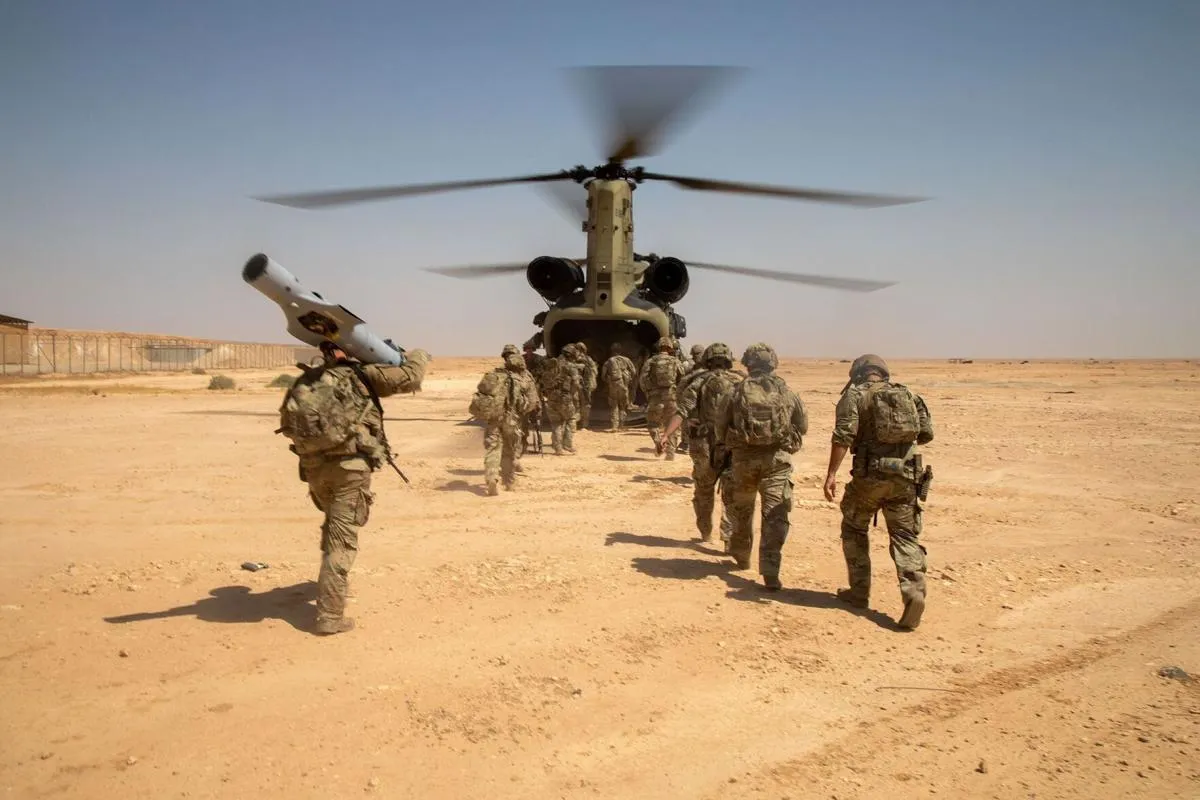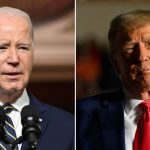The US and Iraq are poised to engage in discussions regarding the future of the US military presence in Iraq, responding to calls from the Iraqi government for the withdrawal of US troops. Last summer, both countries established a higher military commission, serving as a platform for these talks.
The focus will be on the next phase of the US-led anti-ISIS coalition, considering the diminished state of the terrorist group. The talks gain urgency amid regional instability and Iraqi demands for a troop withdrawal, fueled by recent US airstrikes against Iran-backed militants.
Secretary of Defense Lloyd Austin confirmed the impending launch of the military commission, emphasizing its role in shaping the evolution of the D-ISIS Coalition mission.
The current US military presence in Iraq comprises approximately 2,500 troops, which have been operational in an advisory capacity since December 2021, when the combat role officially ended.

A senior military official disclosed that the remaining ISIS fighters in Iraq and Syria number around 1,000, with discussions exploring the feasibility of ending the US military presence.
Debates within the Iraqi government about the withdrawal timeline add complexity to the talks. While the US prefers a schedule based on evolving conditions, including defeating ISIS and ensuring stability, some Iraqi factions advocate for a fixed withdrawal date, independent of the country’s situation.
On January 10th, the office of Iraqi Prime Minister Mohammed Shia al-Sudani announced plans to end the presence of international coalition forces permanently.
A US official revealed that the US and Iraq are nearing an agreement to initiate the Higher Military Commission dialogue announced in August. The commission will assess conditions for the future of the D-ISIS fight and shape the bilateral security relationship.
Jonathan Lord from the Center for New American Security urged a transition in US support, emphasizing the need for a lasting and sustainable military capacity in the Iraqi Security Forces to prevent a recurrence of past challenges.
After recent US strikes in Iraq, the prime minister’s spokesperson expressed concerns about their impact on joint security cooperation.
While some anticipate cosmetic changes, a former senior US military official believes Iraq does not want an immediate US withdrawal, recognizing the challenges of survival without substantial US assistance.
The US and Iraq began talks on the military presence last year, predating regional tensions sparked by the October 7 terror attack by Hamas on Israel.
Despite ongoing discussions, the Pentagon underscores that the Iraqi government has not officially requested a US military withdrawal, emphasizing the troops’ presence at the government’s invitation. There is no set deadline for concluding the higher military commission discussions.
Jon Alterman from the Center for Strategic and International Studies characterized the politics of the US military presence in Iraq as treacherous.
He highlighted the nuanced nature of the decision, rejecting a binary choice between staying or leaving. Alterman emphasized that diplomats can manipulate the timing and direction of talks to achieve various potential outcomes.
Rumors of a potential US change in force posture being a victory for Iran were mentioned, with any sign of the beginning of the end celebrated in Iranian corridors.
Iraq’s foreign minister hinted at the discussions, indicating that an important message from the US government would be studied by relevant authorities, with the next steps to be taken soon.
Regarding Syria, the Biden administration clarified that there is no consideration of withdrawing forces from the country, affirming their commitment to maintaining a presence in the fight against ISIS.


